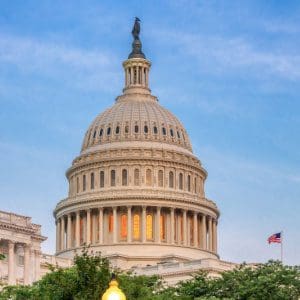HDHPs and Wellness Programs
According to Kaiser Family Foundation, the average premium for family health plan coverage increased by 47% between 2011 and 2021. In response, employers have increasingly turned to High Deductible Health Plans (HDHPs) to lower premiums and shift more financial responsibility to covered employees. While employees appreciate lower premium costs, the higher deductibles can lead to higher out-of-pocket costs in the long run. The higher financial responsibility may increase employee utilization of cost-saving measures like wellness programs.










